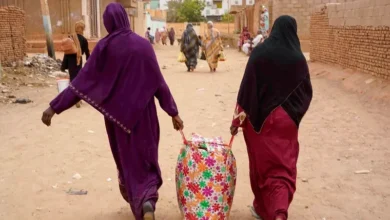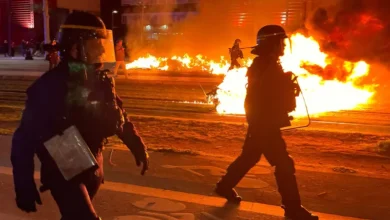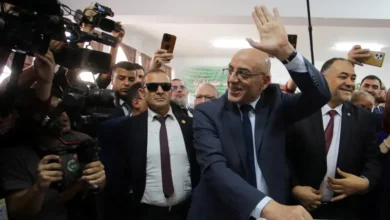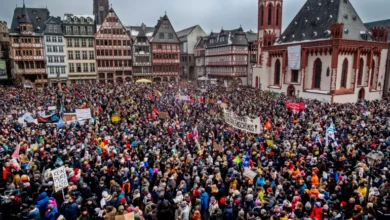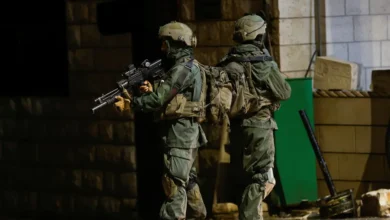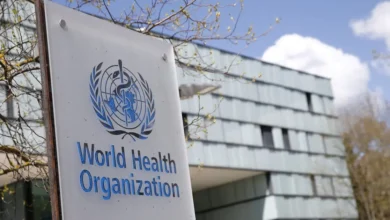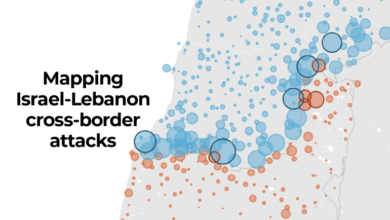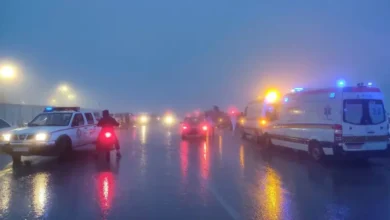Spain’s snap vote: How it works and what to expect on July 23

Spanish voters will head to the polls next Sunday, deciding whether to keep Prime Minister Pedro Sanchez’s minority Socialist government in power, or give the mandate to the main right-wing Partido Popular [PP] party.
In almost all public opinion surveys, the PP are currently favourites to win Spain’s first general elections since 2019, brought forward by Sanchez after the Socialists’ stinging defeat in early May’s regional and local polls.
But to garner an overall majority in the Spanish 350-seat parliament, the PP will almost certainly need to rely on votes from the far-right Vox party, which would likely demand a share of power in exchange.
The elections thus also form part of a continuing European-wide narrative of the rise of authoritarian nationalist and other far-right movements, from Italy through to Finland and Hungary, and whether the continent’s more left-leaning parties are capable of stopping them.
Sanchez’s decision to call early elections has been attacked by the PP’s leader Alberto Nunez Feijoo, alleging that Spain’s scorching heat in July and voters’ holiday travel plans could lead to greater abstentionism.
“The conservative parties had all but taken it for granted that they were going to win the elections comfortably,” Manuel Lopez, professor of history at Spain’s Open University, told Al Jazeera.“But this kind of criticism suggests that they are facing more of an uphill battle to secure a majority than they’d expected. As a result, they are getting nervous,” he said.
Here’s what you need to know about Sunday’s elections:Who are the main contenders?
Allied with the far-left Unidas Podemos coalition, Sanchez and his Socialist Party have formed a minority government since January 2020. Sanchez, 51, brought forward the elections to July partly in the hope that the Socialists’ poor result in the regional vote in May would galvanise progressive-leaning voters.
His calling of snap elections did succeed in another of his unspoken aims: Sanchez’s divided far-left allies have abruptly ended their infighting and the vast majority have opted to form part of the new left-wing Sumar bloc for the elections.
